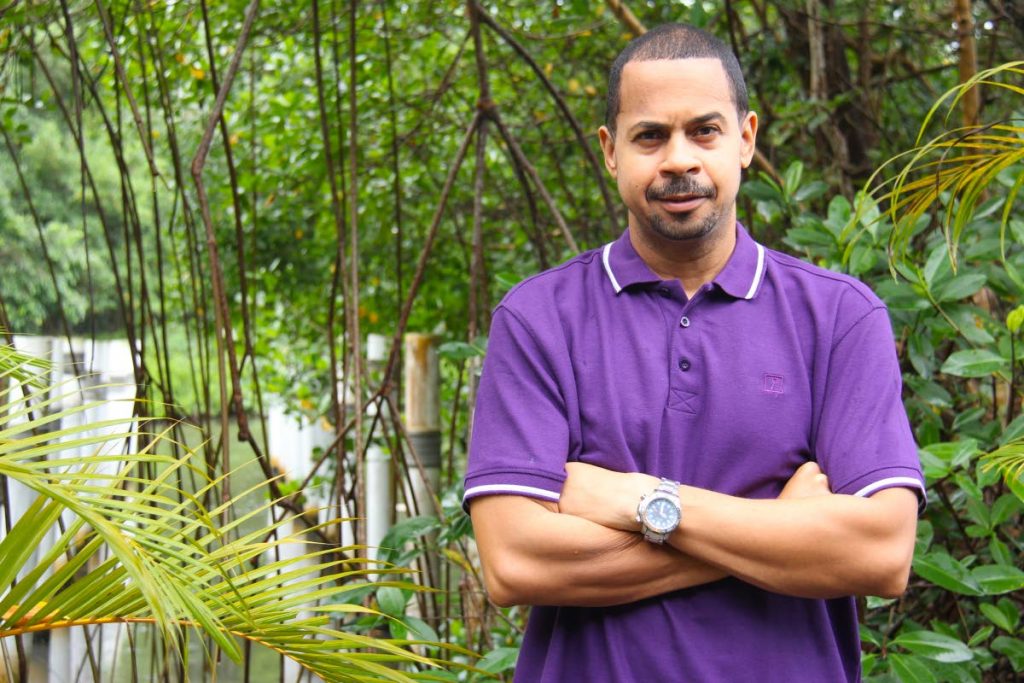The age of hyper-sexualised children

RECENTLY there were media reports revealing incidents of young girls recording sexual acts on their phones. This revelation was made at a public hearing of Parliament's Human Rights, Equality and Diversity Joint Select Committee.
Offering an opinion was behaviour change consultant Franklyn Dolly. He pointed out that girls eight years old and even younger are being sexually stimulated, either willingly or by others. Mr Dolly believes faith-based organisations, rather than the Government, should lead the charge in a national discussion on the issue. A faith-based conversation on hyper-sexualisation of children is, perhaps, the greatest example of misplaced faith.
Notwithstanding our concerns in TT, hypersexuality in children isn’t exclusive to this country. In the United States, child psychologists are making disturbing observations in young children. Boys and girls in the age range of four-six are asking lurid questions about sexual acts. This signals exposure from a plethora of media influences and adults themselves.
Sex on the still-developing brain is by no means a new phenomenon. In today's world of media saturation, however, it takes on added significance.
Many harried parents, struggling with the demands of modern life, leave the delicate business of child-rearing to the iPad. This is just one medium through which children can be bombarded with sexual imagery. At the risk of having this column interpreted as a puritanical screed, children are also being introduced to sexuality by revered pop idols.
Recording artist Ariana Grande attracts female fans as young as eight. She has the image of being as wholesome as a loaf of white bread, but then white bread isn’t what we thought it to be. Some of her lyrics are enough to make an adult film star squirm.
Young children are curious about everything, including sex. Their little minds are like computers, gathering data from all sources around them. Children use this data to build a programming module to help them interpret the world. Without proper context and guidance, the sexuality to which they are exposed can be harmful. From unwanted sexual touching or bullying to later unplanned pregnancies and sexually transmitted diseases, the consequences are real.
Sexual health is a crucial element of child development. It’s foolhardy to think, in a tech-driven age, children can be shielded from the myriad sources of sexual stimuli. That genie is already out of the bottle...and is mostly naked. The trick is to counter hyper-sexualised influences with responsible education.
In Finland, sexuality education is part of overall health education in most of their schools. Teachings focus on human relations, sexuality, behaviours, and norms. Children are taught the basics of sexual health, contraception and how to identify sexual bullying, among other lessons.
Research shows the number of Finnish girls who started having sex at an earlier age has dropped appreciably. There was also a decline in the number of adolescent abortions. On the face it, the data shows when information about sexuality is packaged in the context of health education, it produces the desired result in children.
In TT, however, we have a proud tradition of eschewing evidence-based erudition in favour of Bible-based instruction. Consequently, we are light years away from formal sexual health education. There are still enough dinosaurs roaming this land who believe teaching children about sex will make them want to have sex. Those opposed to sex education in schools seem to have missed that even without sex education in classrooms, children are having sex anyway...in classrooms.
It’s left then to parents to take on the sexuality education of their children. It’s true most adults would rather leave their children to suck on leaky double A batteries than chat with them about the birds and the bees. The repercussions of not taking control of the narrative in your children’s lives, though, are too grave to ignore.
Parents can access widely available online counselling services to help them craft a useful approach to the subject with their children. This can teach children to recognise sexual abuse and shield them against the depravity of some adults. It can also give them the right programming to properly interpret their own curiosity about sex and sexual behaviours.
As a society, we can no longer ignore the impact of pervasive sexuality on our young children. It is crucial for parents to take an active role in educating children how to navigate the complex world of sexuality. Failure to do so is to abandon them to the salacious teachings of Miley Cyrus and Instagram.

Comments
"The age of hyper-sexualised children"